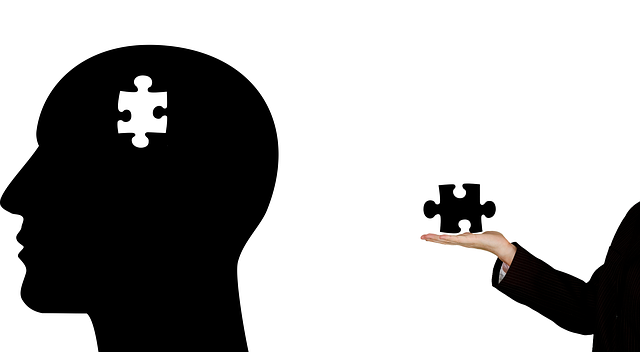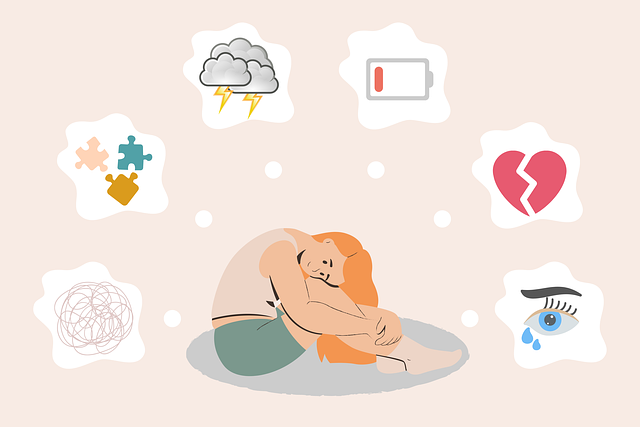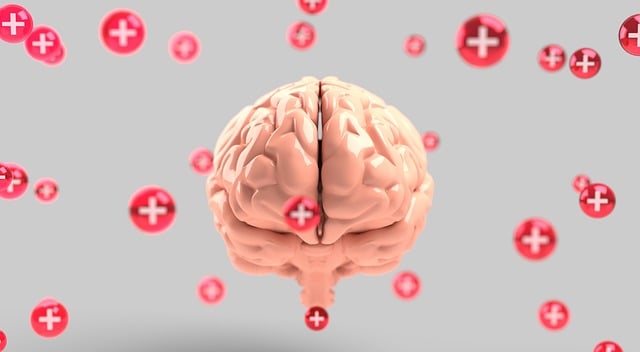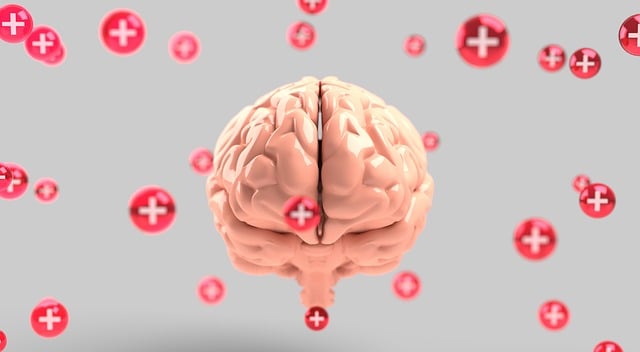Mental wellness apps focused on therapy for major life transitions should integrate evidence-based practices like CBT and mindfulness to effectively support users through emotional shifts. With cultural sensitivity, these apps can offer personalized tools for mood tracking, peer support, and community engagement, reducing stigma and promoting resilience during challenging times. Marketing strategies should highlight self-esteem improvement and social skills training, leveraging social media, user testimonials, and influencer partnerships for credibility and reach.
Mental wellness app development has emerged as a powerful tool for supporting individuals navigating life transitions. With an increasing demand for personalized, accessible therapy options, these apps offer tailored interventions for managing stress, anxiety, and depression during significant changes. This article explores key considerations in designing effective mental health apps, focusing on the role of evidence-based practices, user engagement strategies, and the critical need for customized support during major life transitions.
- Understanding Mental Wellness and Life Transitions: The Need for Customized Support
- Designing Effective Therapy Tools Within Mobile Apps
- Incorporating Evidence-Based Practices: Ensuring App Safety and Efficacy
- Marketing and User Engagement Strategies for Successful Launch
Understanding Mental Wellness and Life Transitions: The Need for Customized Support

Mental wellness is a holistic concept encompassing emotional, psychological, and social well-being. It’s not merely the absence of mental illness but a state of thriving where individuals can navigate life’s challenges with resilience and adaptability. Understanding that mental health is deeply intertwined with life transitions is crucial. Major life events, such as career shifts, relationships ending, or dealing with chronic illnesses, can significantly impact an individual’s emotional equilibrium. These transitions often trigger complex emotions and stress, highlighting the need for personalized support.
Customized therapy for major life transitions plays a pivotal role in fostering effective emotional healing processes. It acknowledges that each person’s experience is unique, shaped by their cultural background, personal history, and coping mechanisms. Incorporating conflict resolution techniques tailored to individual needs can help individuals process difficult emotions, resolve internal conflicts, and develop healthier coping strategies. Additionally, cultural sensitivity in mental healthcare practice ensures that app developers consider the diverse backgrounds of users, incorporating inclusive features that respect different cultural perspectives and traditions related to mental wellness.
Designing Effective Therapy Tools Within Mobile Apps

Designing effective therapy tools within mobile apps requires a nuanced approach that leverages the strengths of digital platforms while addressing the sensitive nature of mental health support. Apps can offer tailored interventions for major life transitions, such as career shifts, relationships ending, or bereavement, by incorporating interactive exercises, guided meditations, and personalized coaching. Features like daily check-ins and mood tracking help users monitor their emotional well-being and provide data-driven insights to therapists.
Integrating evidence-based practices, such as cognitive-behavioral therapy (CBT) techniques, mindfulness exercises, and positive psychology interventions, ensures that app-based therapies are both effective and accessible. Mental illness stigma reduction efforts can be incorporated through anonymized community forums, peer support groups, and educational content that promotes understanding and empathy. Additionally, burnout prevention strategies like scheduled breaks and digital detox reminders contribute to a balanced approach, offering users tools to manage stress and maintain resilience during challenging life transitions.
Incorporating Evidence-Based Practices: Ensuring App Safety and Efficacy

Incorporating evidence-based practices is paramount when developing mental wellness apps, as it ensures both safety and efficacy for users navigating various life challenges. These apps should be designed with a solid foundation in therapeutic techniques supported by extensive research. For instance, integrating cognitive-behavioral therapy (CBT) strategies has proven effective in treating anxiety, depression, and even helping individuals cope with major life transitions. By adopting such evidence-based approaches, app developers can provide users with reliable tools for self-improvement and emotional regulation.
Moreover, incorporating social skills training within these apps can foster a sense of community and support, which is crucial for mental wellness. This feature, coupled with techniques to manage anxiety and enhance emotional regulation, equips users with a comprehensive toolkit to overcome life’s hurdles. As the demand for accessible mental health solutions grows, especially during major life transitions, developers must prioritize evidence-based practices to ensure their apps deliver tangible benefits and contribute positively to users’ well-being.
Marketing and User Engagement Strategies for Successful Launch

When marketing a mental wellness app focused on therapy for major life transitions, it’s crucial to create a buzz around its unique value proposition. Highlighting features that cater to self-esteem improvement and social skills training can attract users seeking holistic support during challenging times. Leverage social media platforms to share inspiring user stories and success cases, fostering a sense of community and engagement. Influencer partnerships with mental health advocates can also amplify your app’s reach and credibility.
For successful user engagement, implement interactive elements within the app that encourage active participation. Offer personalized content tailored to individual progress, such as adaptive exercises for risk management planning. Regular push notifications with motivational quotes or quick mindfulness tips can keep users engaged. Additionally, host virtual events like webinars or support groups led by professionals, creating opportunities for community building and fostering a sense of belonging.
Mental wellness apps have the potential to revolutionize therapy for major life transitions, offering personalized support at users’ fingertips. By integrating evidence-based practices and designing intuitive, engaging interfaces, developers can create powerful tools that promote resilience and well-being. However, it’s crucial to prioritize user safety and app efficacy through rigorous testing and ongoing monitoring. With the right strategies in place, these digital solutions can foster meaningful connections, make therapy more accessible, and ultimately enhance people’s ability to navigate life’s challenges effectively.














